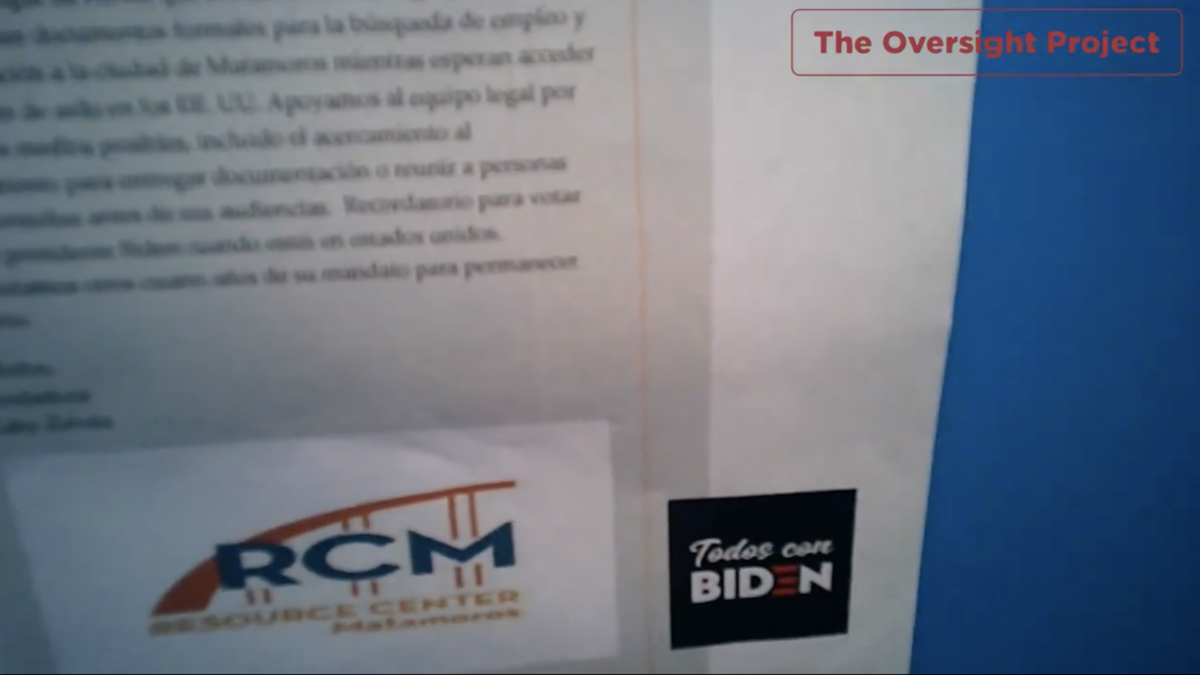
A man striving for chastity should not live in a whorehouse. There is nothing virtuous about putting one’s virtue to the test, for the world has temptation enough without seeking it out. It is worse still to put temptation in the way of those who are not strong enough to resist it; recovering addicts should be kept far from their next fix.
Developing and practicing virtue requires limits. Humans are not disembodied minds or pure spirits choosing rationally and dispassionately between good and evil. Rather, we are embodied, finite, and temporal beings who are influenced by our surroundings. We develop virtue and goodness through imitation, habit, and cultural osmosis as much, or more, as we do through overt moral instruction and reasoning. Conservatives therefore know that government cannot be indifferent between vice and virtue.
This truth has been challenged by those who have a very different vision of conservatism. The division is illustrated by the response of New York Times columnist Bret Stephens to his former protégé Sohrab Ahmari. Stephens writes that Ahmari’s project, as seen in his latest book, “The Unbroken Thread: Discovering the Wisdom of Tradition in an Age of Chaos,” aims to give “moral voice to what so far has mainly been a populist scream against the values of elite liberalism, above all its disdain for limits, from moral taboos to national borders to religious rituals.”
Stephens opposes Ahmari’s efforts, arguing that “Choice is no enemy of morality. It’s a precondition for it. It’s why, theologically speaking, temptation must exist.” But this rebuttal is beside the point, for Stephens knows that Ahmari is not arguing for the suppression of all vice and possible temptation, but only for “some limits on choice.”
Stephens’s real objection is that limits on personal choice and autonomy are un-American. He thinks that “the purpose of American conservatism is to conserve the substantive principles of 1776 — that is, of the open mind and the ever more open society.” In his view, American conservatism is the guardian of political liberalism — understood in the broad sense in which we speak of liberal democracies — and any other kind of conservatism is treachery against the United States and its founding.
The American Founding Was Not Solely Liberal
He is wrong. Although Stephens and other advocates for this view claim to preserve the principles of the American founding, they are either mistaken or dishonest about what those principles are. The notion that “the open mind and the ever more open society” were the “substantive principles” of American independence is a historical fraud perpetuated to betray both conservatism and the American heritage.
The debates and decisions of the founding era are well-documented, and they show that American independence and the establishment of the Constitution arose from a complex mix of influences and ideas. Liberal political theory was part of that mix, but it was tempered in the American founding by factors such as the American history of self-government, reformed Protestant theology, and the common law system. Furthermore, many of the liberal practices to which Americans were attached, such as trial by jury, long predated the development of liberal political theory.
Nonetheless, the interpretation of America as essentially a project of Enlightenment liberalism has had many supporters over the years. Scholars from Louis Hartz in the 1950s to C. Bradley Thompson today have claimed that America is best understood as an implementation of the ideas of John Locke and similar liberal thinkers. Of these writers, it was likely Harry Jaffa who did the most to persuade conservatives that their task was the preservation of ideological liberalism. In Jaffa’s view, the truth of liberalism makes it the truth of the United States, even if liberalism was only one influence among many in the founding.
This approach enabled Jaffa to treat the non-liberal elements in the American founding as mere historical dross from which the gold of liberal government and society might be progressively refined. This view has been influential among ostensible conservatives from the George W. Bush administration to some at Hillsdale College, and its echoes are obvious in Stephens’ insistence that conservatism is about fighting for “the ever more open society.”
Armed Liberalism Is Poison to Genuine Conservatism
Jaffa’s acolytes and allies have often universalized this view, making American conservatism the imperial exporter of armed liberalism. Ahmari reports that Stephens once said that “his ideal vision of freedom was the 82nd Airborne escorting a Pride parade through the streets of Tehran.” Stephens’s ostensible conservatism is worldwide liberalism at gunpoint.
This counterfeit conservatism has been losing influence in the Republican Party since the Bush years. To the extent that we were taken in by it, we must reflect on why we made such a mistake. Because this armed liberalism is poison to genuine conservatism, we must excise it from the conservative movement.
After all, those eager to impose their ideology at gunpoint around the world will have few scruples about doing so at home. They seek to turn America’s heritage of practical political liberalism into radical ideological liberalism by separating it from the spiritual and cultural conditions that can keep it healthy and properly limited. They will therefore happily suppress what we cherish and believe in order to expand liberalism’s empire of unfettered choice, the unlimited and ever more open society.
But this atomized, ephemeral, and self-indulgent way of life, with every temptation always in reach and no permanent obligations, is not good for us. It offers a succession of easy pleasures that inhibit the development of virtue and genuine well-being.
Liberal ideologues might reply that the price of freedom is that people may choose vice as well as virtue. This is true, but a government that sees no difference between virtue and vice is nihilistic and therefore self-negating. Abolishing public support for virtue requires heroic private virtue to replace it, which is not sustainable.
An Ever More Open Society Forecloses Many Choices
Furthermore, liberalism’s supposed limitless and ever more open society actually forecloses many choices. For example, “trans inclusivity” precludes women and girls from establishing spaces free from biological men. Likewise, attenuating the freedom of association limits the ability of organizations and institutions such as Christian student groups to govern themselves. In these cases, expanding options for some limits the options of others.
Even when liberalism allows personal choice, it is often structured to preclude collective choices. For instance, free-market ideologues insist that those of us who don’t like the thieving slave state run by the Chinese Communist Party should simply not buy their products. But this is hollow when entire categories of products are now overwhelmingly made in China, or when online retailers do not disclose the origin of their wares.
Likewise, it is insufficient to tell those worried about a digital brothel in every pocket to just be personally virtuous. It is not just that omnipresent temptation is harder to resist, but that children’s minds are being warped by the ubiquity of porn.
When establishment-certified tame leftists like The Atlantic’s Elizabeth Bruenig are wringing their hands and proposing ineffectual solutions, you know there is a real problem. Giving 12-year-old boys a whorehouse in their pockets makes them addicts, often for life, and enabling this is not freedom.
As this shows, liberal claims to be value-neutral are never entirely true — in this case, easy adult access to porn is valued more than children’s innocence. Recognizing this, we should not hesitate to challenge liberal dogma, and insist that politics is an appropriate realm in which to act to protect our families and way of life against economic and cultural threats. We should, of course, be prudent in our efforts, but a humble awareness of our limitations does not preclude action toward the common good.
Conservatism is about preserving the true sources of human flourishing in this life — family, faith, and community — rather than tearing them down in the name of liberal ideology.









